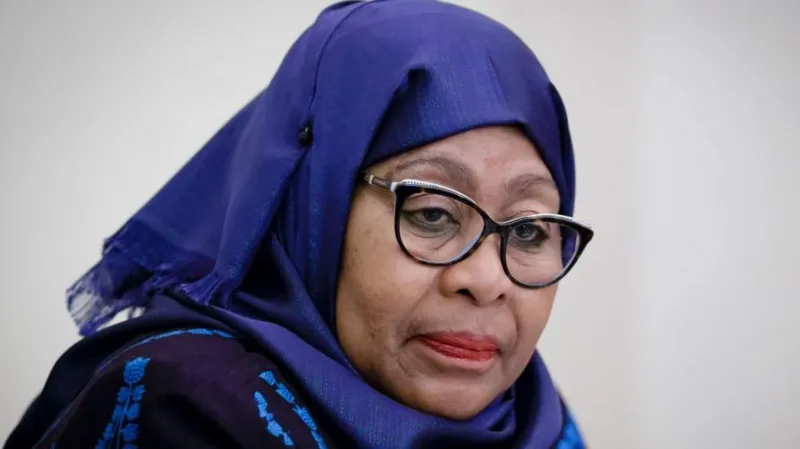In a dramatic and widely debated election, Tanzania’s incumbent President Hussein Ali Mwinyi has been declared the winner of a new term, securing over 97% of the vote according to official results. While the announcement confirms Mwinyi’s continuation in office, it has sparked concerns and criticisms from opposition parties and observers who question the fairness and transparency of the vote.
The scale of Mwinyi’s victory is unprecedented in recent Tanzanian elections. Analysts note that such an overwhelming margin, while legally decisive, is rare in competitive democracies and often prompts scrutiny regarding electoral processes. Opposition leaders have voiced concerns over access to polling stations, voter registration practices, and the fairness of the campaign period, suggesting that the political environment may have favored the incumbent.
Mwinyi, who has been in office since 2020, ran on a platform emphasizing economic growth, infrastructure development, and regional stability. Supporters cite his government’s achievements in expanding healthcare services and improving transportation networks as reasons for their overwhelming support at the polls.
However, critics argue that the election results, combined with reported irregularities, could undermine public confidence in Tanzania’s democratic institutions. Political analysts warn that without credible and transparent electoral practices, the legitimacy of future governance may be challenged, potentially affecting both domestic stability and international relations.
As Mwinyi prepares for his next term, attention will turn to how his administration addresses these concerns while continuing development initiatives. The coming months are expected to test Tanzania’s political resilience, as citizens and observers monitor the balance between strong leadership and democratic accountability.
















Leave a Reply